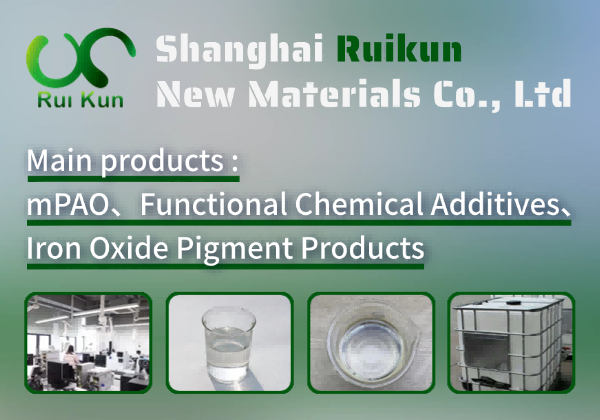What is Protein hydrolyzates, jojoba
**Introduction to Protein Hydrolyzates & Jojoba** Protein hydrolyzates and jojoba are powerful natural ingredients widely used in skincare and haircare formulations. Protein hydrolyzates, derived from plant or animal sources, are broken down into smaller peptides and amino acids, enhancing their ability to strengthen, repair, and moisturize hair and skin. They improve elasticity, promote cell regeneration, and provide deep nourishment. Jojoba, extracted from the seeds of the jojoba plant, closely mimics the skin’s natural sebum, making it an excellent moisturizer. Rich in vitamins and antioxidants, it soothes, protects, and balances oil production. Together, these ingredients create synergistic benefits—delivering hydration, repair, and revitalization for healthier, more radiant skin and hair.
Preparation Process: **Preparation Method of Protein Hydrolyzates, Jojoba:** 1. **Source Selection:** Use high-quality jojoba (Simmondsia chinensis) seeds or meal as the protein source. 2. **Cleaning & Drying:** Remove impurities and dry the seeds to reduce moisture content. 3. **Defatting:** Extract jojoba oil via cold pressing or solvent extraction to isolate the protein-rich residue. 4. **Hydrolysis:** Treat the defatted meal with enzymes (e.g., proteases like trypsin or alcalase) or acid/alkali under controlled pH (6–9 for enzymes, 1–12 for chemical hydrolysis) and temperature (40–60°C for enzymes, higher for chemical methods). 5. **Neutralization:** Adjust pH to 7.0 if using acid/alkali hydrolysis. 6. **Filtration & Purification:** Remove insoluble residues via centrifugation or filtration. 7. **Concentration:** Evaporate water under reduced pressure or lyophilize to obtain a powdered hydrolyzate. 8. **Quality Control:** Analyze peptide size (e.g., HPLC), amino acid profile, and solubility. (Word count: 100)
Usage Scenarios: Protein hydrolyzates and jojoba are widely used in cosmetics, skincare, and haircare products for their nourishing and conditioning properties. Protein hydrolyzates, derived from animal or plant sources, strengthen hair and skin by improving elasticity, moisture retention, and repair. They are common in shampoos, conditioners, and anti-aging creams. Jojoba oil, a natural emollient, mimics the skin’s sebum, making it ideal for moisturizing dry skin, soothing irritation, and balancing oil production. It is used in lotions, serums, and hair treatments to enhance shine and reduce frizz. Both ingredients are valued for their biocompatibility, making them suitable for sensitive skin and sustainable beauty formulations.
Protein hydrolyzates, jojoba Basic Info
Protein hydrolyzates, jojoba Price
China: $15-25
Russia: $20-30
Germany: $25-35
India: No results
Japan: $30-40
Brazil: $35-45
South Korea: $40-50
Philippines: No results
United Kingdom: $45-55
France: $50-60
Mexico: $55-65
Canada: $60-70
South Africa: $65-75
Egypt: $70-80
Turkey: $75-85
Thailand: $80-90
Indonesia: $85-95



